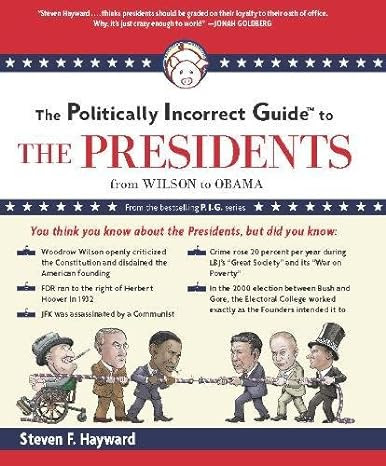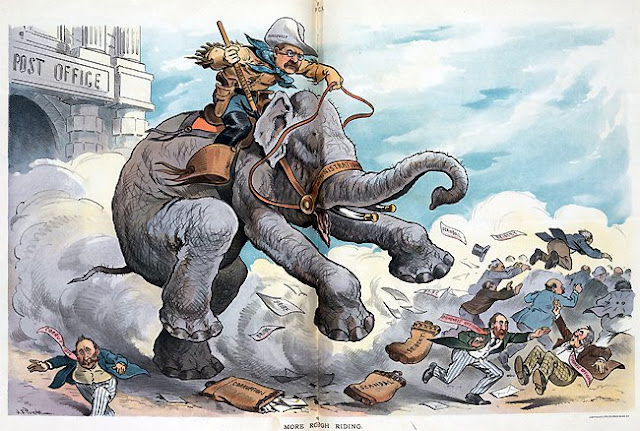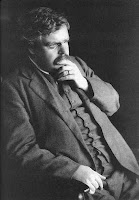Truman (audiobook) by David McCullough

Published by Simon and Schuster Audio in 1992. Read by David McCullough, the author Includes parts of recordings of speeches by Harry S. Truman and Douglas MacArthur Duration: approximately 6 hours Abridged Harry S. Truman (1884-1972) While I am a world history teacher, my favorite times in American history are the Revolutionary War Era, the Civil War Era and an interest in the Frontier as it moved across the United States. While I knew a great deal about Truman before listening to this audiobook, I really felt that I needed to know more. David McCullough's treatment of Truman is friendly, but not overly rosy. The audiobook version I listened to was abridged. I assume that the areas that were not focused upon in the abridged edition are more fleshed out in the unabridged edition. (Note: this abridgement was not sloppily done - I didn't even notice it was abridged until about 3/4 of the way through the book - it just seemed like he was glossing over the







